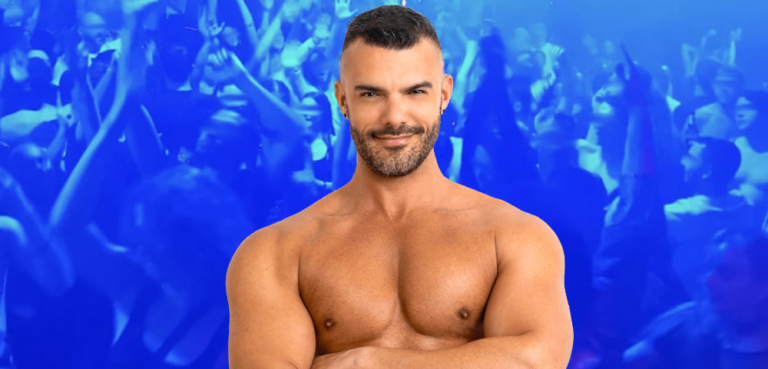
‘I used to cry myself to sleep’: Growing up gay and Muslim in Australia
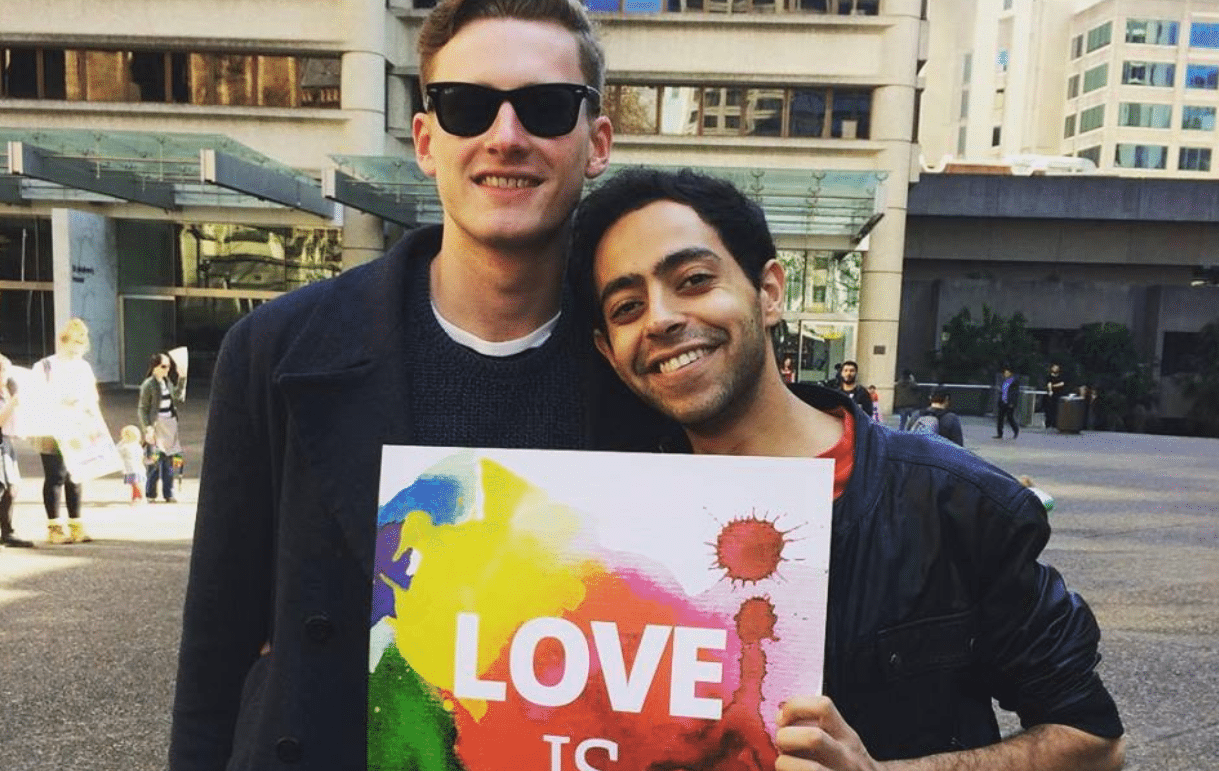
Faith and sexuality are often posed against each other, but they don’t have to be. Matthew Wade spoke with a young gay Muslim about why we need to bridge the divide.
***
Discovering one’s same-sex desire as a teenager can be both emotionally daunting and scary, but when you’re Muslim as well, these feelings are amplified tenfold.
When Fahad Ali came out to his mother as gay, she broke down crying and told him he was going to contract AIDS and die.
“When I was growing up I had this deep sense of who I was as a gay man and I realised that would never change, but on the other hand I had my religion and I was expected to pick between the two,” he says.
“I used to cry myself to sleep and pray that I’d stop being gay.
“For me it was not something I could escape very easily. Religion had a huge impact on my way of looking at the world. But things have gotten better and now and I don’t feel any tension between those two parts of my identity.”
For many people in both Muslim and queer communities around Australia, faith and sexuality are perceived as mutually exclusive and unable to be reconciled.
Despite this, Ali is part of a widespread push to quash common misconceptions around being Muslim and gay and bridge the divide between the two diverse communities.
In light of the current postal survey he created the group Muslims for Marriage Equality, as a means to ensure that people understand that marriage is an issue affecting queer people of faith as well.
He says viewing queer experiences through an intersectional lens is vital, and often gay men are resistant to do so.
“When the postal survey was announced there were a lot of people in the queer community calling on migrants to support them,” he says.
“It was a fair expectation but there’s also an astounding blindness to the fact that we have racism in the queer community.
“We can’t work together until we’ve built solidarity.
“If we want marginalised migrant or religious communities to support us we have to do right by them as well.”
Ali says the first misconception about Muslim people is that they’re homophobic.
“It’s true that there’s a crisis of homophobia in the Muslim community but that doesn’t mean that all Muslims are homophobic,” he says.
“There are many supportive allies in the community and I’m honoured to know some of them.
“I would strongly argue that the Quran says a lot less about queer people in its scripture than Christianity. It’s actually a very mild religion when it comes to these issues.”
Ali says the other misconception is that Muslim-majority countries are backwards.
“It’s weird, because if you go to somewhere like Pakistan, trans and gender diverse rights are much more evolved than here,” he says.
“I think that reflects the way social movements go on a different path overseas.”
When it comes to reconciling both Muslim and queer communities, Ali believes it’s important to recognise that the people in each aren’t all the same.
“Each group has these stereotypes,” he says.
“Gays imagine all Muslims are homophobic and violent, and Muslims imagine all gays are effeminate and morally degenerate.
“As soon as you break down these stereotypes you realise you don’t have to just be one or the other.”




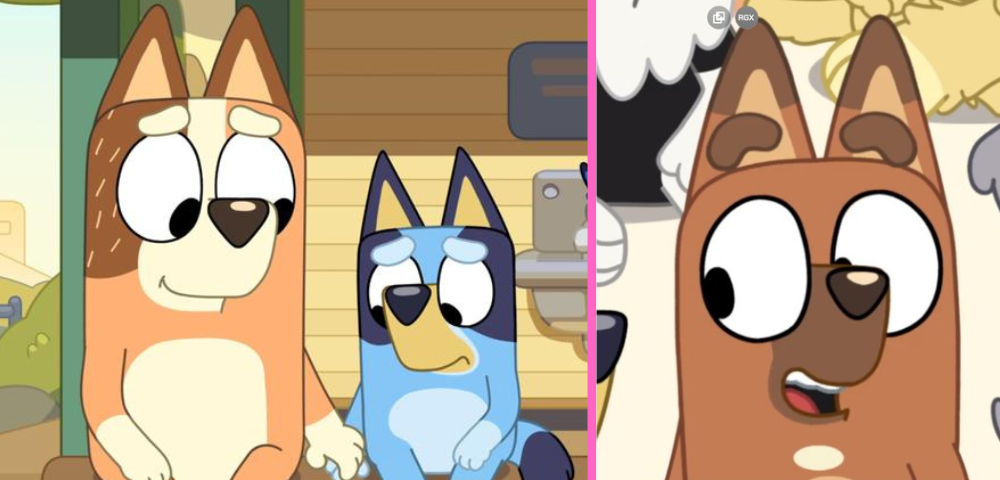
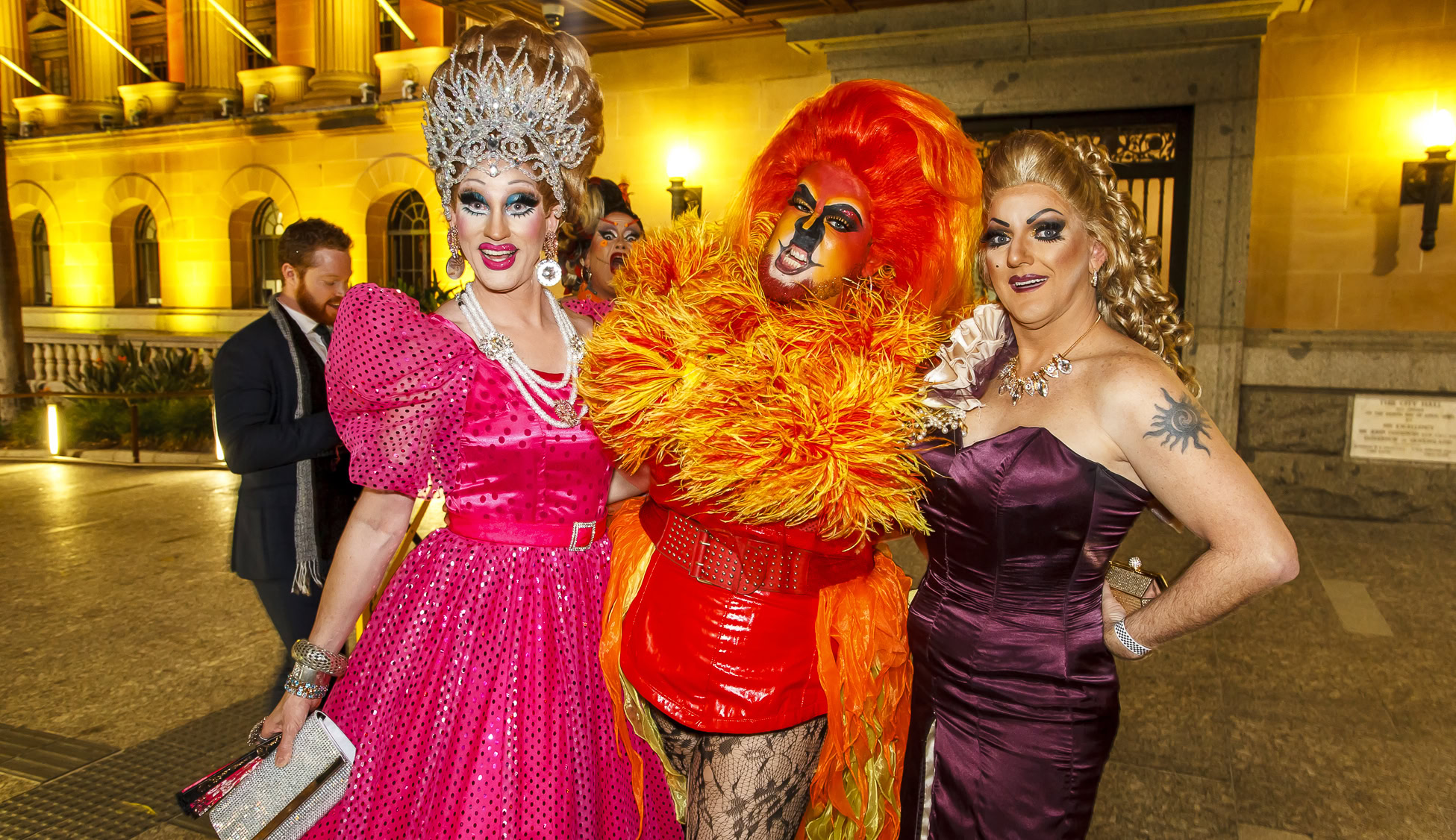

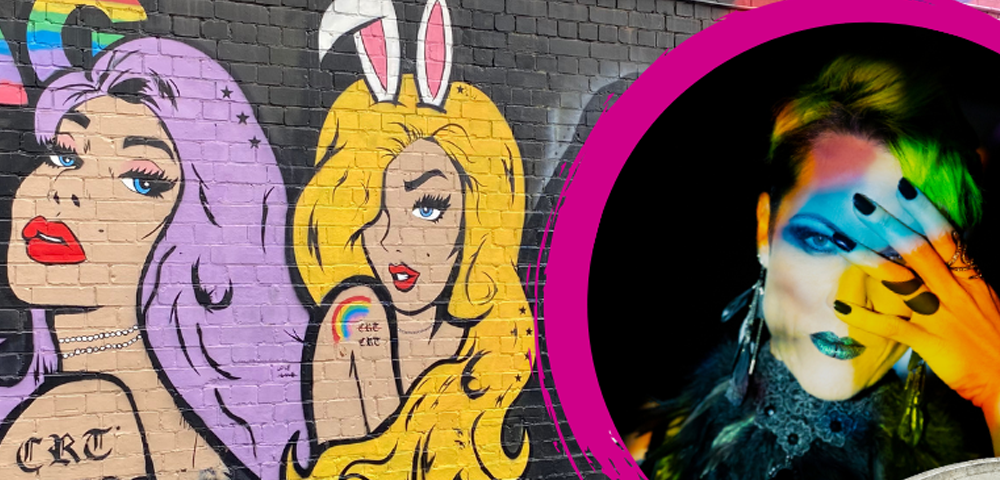
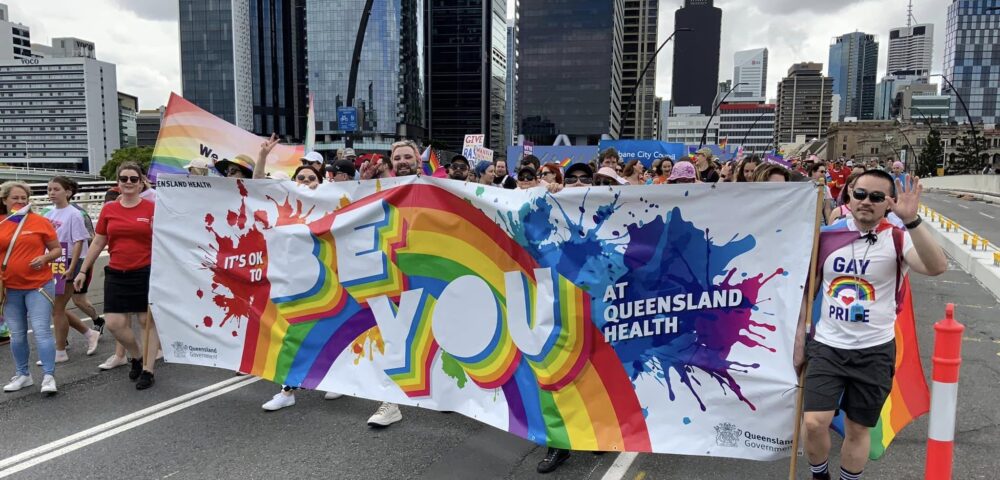

The way to progress is engagement with cultures who are unfamiliar with gay and trans people. I’m really encouraged by a recent interview with ALP fed MP Tony Burke, whose electorate voted No recently but who is committed to voting Yes in Parliament like he promised to do at the last federal election (when he faced his own personal No campaign at that time).
He is challenging his own electorate’s view on marriage equality by standing up for the same principles which make him a great representative of recent migrants and ethnic minorities in Parliament – he believes in a fair go, he believes in standing up for minority rights and he believes in equality and social justice. Folks will come to realise that you can’t be selective about these things.
There have been a few “stuff them, we stood up for their rights but they don’t stand up for ours so they can get stuffed next time the right wingers are getting anti-immigrant” comments posted here recently. It’s understandable, I don’t judge it, but it’s not helpful either, particularly to gay people in those communities.
I’ve worked with and studied with Muslims, and from my experience, they’ve all been accepting and supportive of me and my partner ????